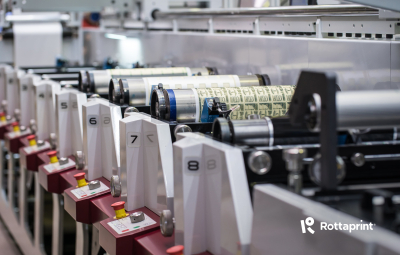The first three months of 2009 had seen a 6.4 decline in GDP in Romania from prior-year quarter, following deeper economic crisis across the world. As compared to fourth quarter 2008, Romania’s economy fell 2.6% in Q1, 2009.
As seasonally adjusted data show, in second and third quarter 2008, the Gross Domestic Product climbed 0.3%, and 0.4% respectively. In fourth quarter 2008 the GDP suffered a decline from Q3 of 3.4%.
Practically, Romania had seen its economy marking two successively quarterly declines, which can be translated into technical recession.
The average net wage stood at 1371.6 lei (320 euros) in first three months, up 16.7% from 1175.3 lei (319 euros) a year earlier, the National Statistics Institute found. When expressed in euro, the growth in average net wage in Q1 2008 compared to prior-year period is insignificant due to the currency exchange gaps.
Wage increase in Q1 is 23.1% higher than the growth of Romania’s economy, which dropped 6.4% in first quarter. “At a macroeconomic level, the salary increases in first quarter may seem abnormal with the GDP falling, but at a business level, things are not the same. Salary rises in a company are given according to the business’ performances and less according to the economic context”, said Ana Giurca, business development manager at HR company Catalyst Solutions, organizer of Top Employers job fair.
Even if economy faced a major slump in first quarter, wages climbed 3.6% in lei, from 1335 lei (320 euros)in January, to 1402 (328 euros) in March.
Compared to prior-year period, when economy was thriving, the average net wage stood at 1192 lei (320 euros) in March, slightly down from January. “A share of the few-percentages pay rises granted by certain companies earlier this year is included in the employment contracts. In certain cases, these wage increases don’t even hedge inflation. There are plenty of cases where employees didn’t receive any pay rise since the end of this year”, said Giurca.
The monthly inflation rate dropped in April to 0.27%, nearly half of 0.5% recorded in March, while the annual inflation rate fell from 6.71% to 6.45% on price slump for various services.
At many companies, the wage policy is drawn at the beginning of the year. In first three months of the year, companies who decided to raise salaries offered over 3.6% increase as NSI informs. Thus, salaries grew by 6.8% in first quarter, according to data collected by Hay Group.
European Commission said recently that wages in Romania would grow by 8.5% in 2009 while the GDP would contract by 4%. “It is possible to see these pay rises this year, even if the gross domestic product will slump. If a company urges for performance and to boost turnover, it will raise salaries accordingly”, Giurca added.
One of the companies who raised salaries earlier this year by a share below the growth rate estimated by NSI of 3.6%, is Banca Comerciala Romana, the biggest lender in Romania. Therefore, the wages of BCR employees rose 3.15%, as the employment contract provided.
Citeste si:
Calculator Salariu: Afl─â c├ó╚Ťi bani prime╚Öti ├«n m├ón─â ├«n func╚Ťie de salariul brut ┬╗
Te-ar putea interesa și:



















































































![HR [PLAY] Tech Workout - 11...](https://www.wall-street.ro/image_thumbs/thumbs/973/973fe0a3888d417feff63de42e814180-260x260-00-65.jpg?v=1713464650)









